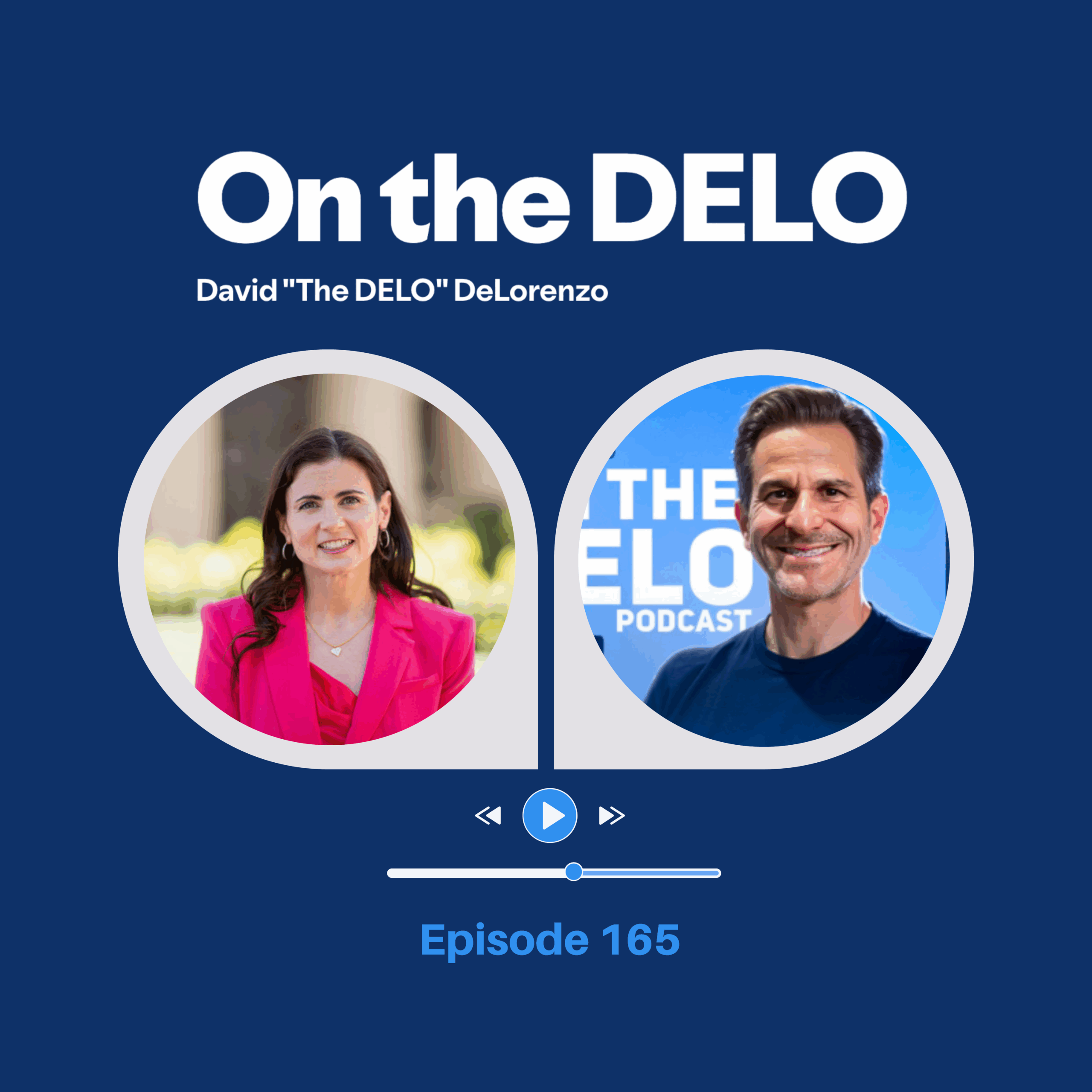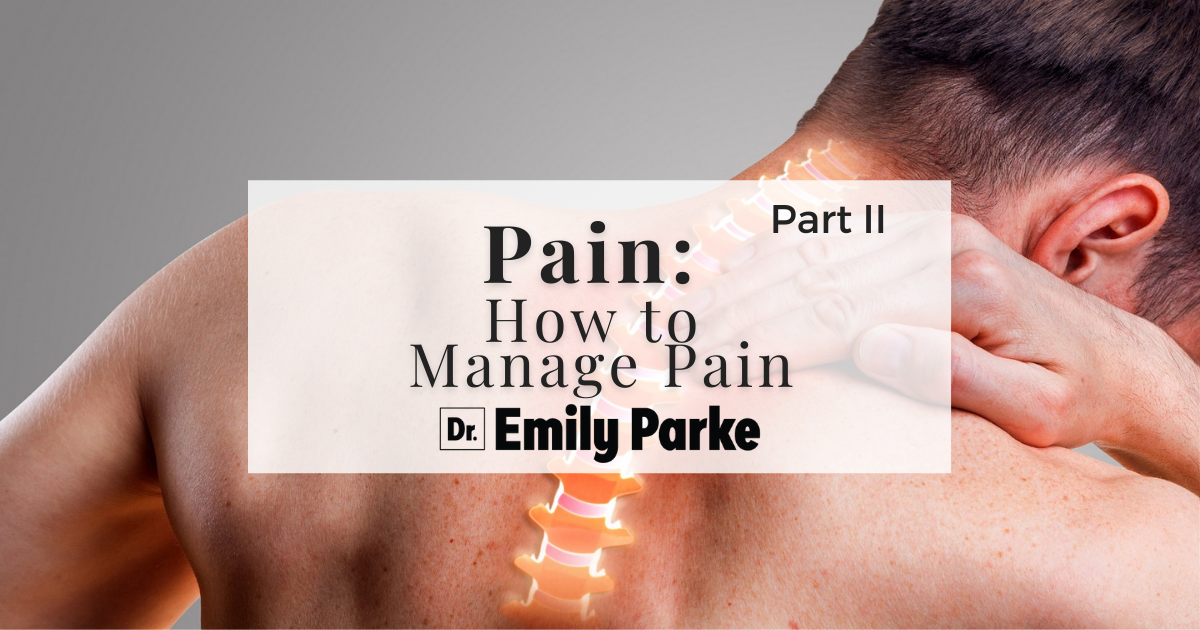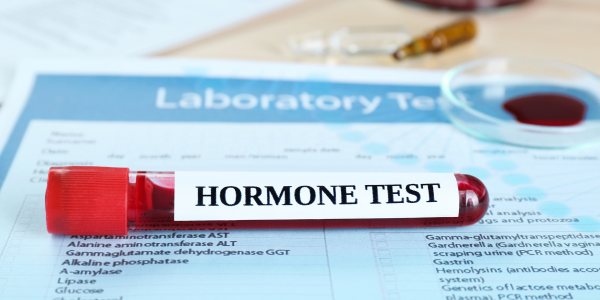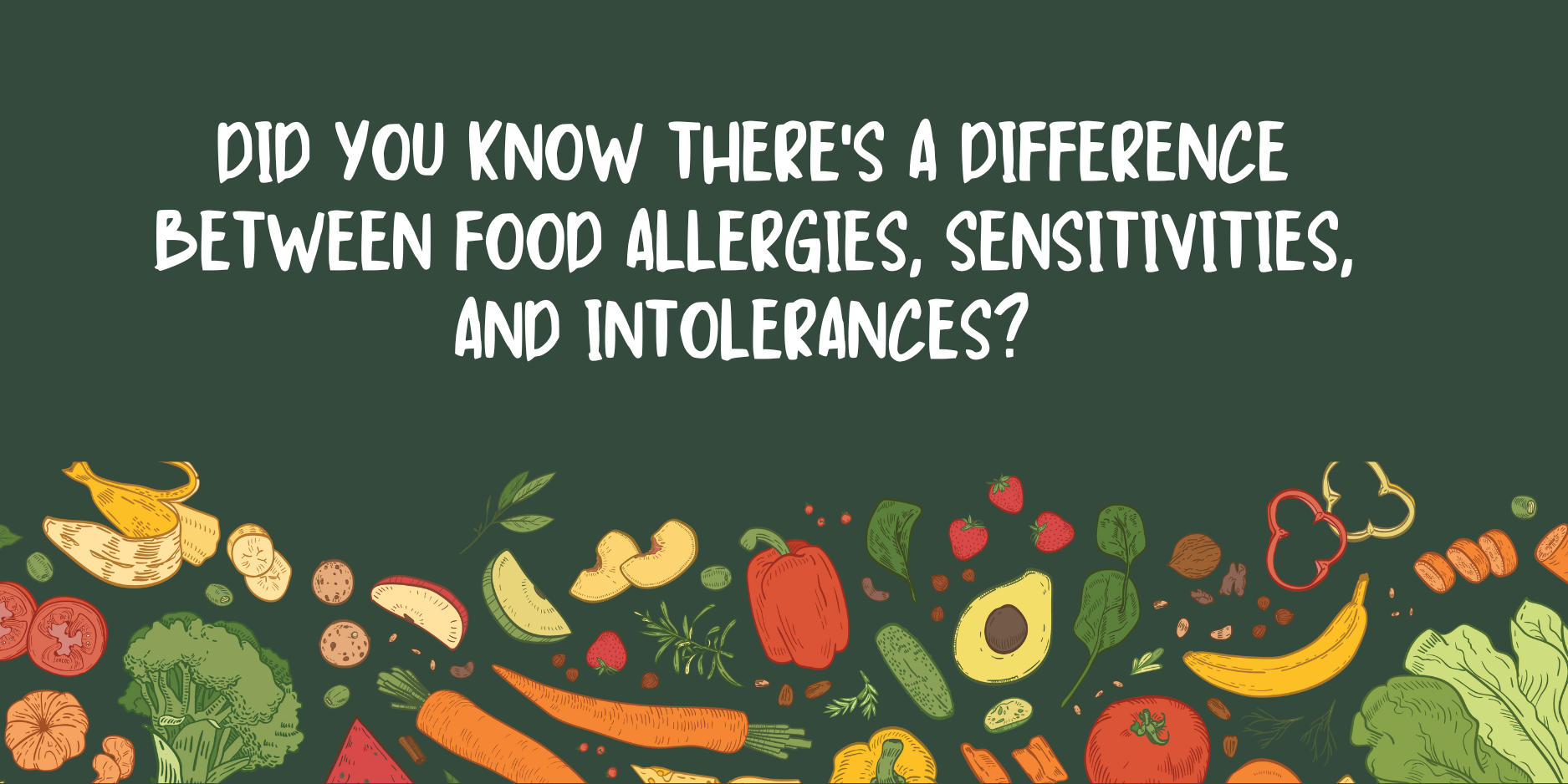

Hi, this is Dr. Emily Parke. In the next Functional Health Minute, I’d like to continue talking a little bit about pain management. In the previous one, I had mentioned what are the root causes of pain. And we talked a little bit about how to think about those for yourself. Now that you’re educated there, you want to start thinking about what you can do about it to improve it for yourself.
The first thing to think about is nutrition. If you’re on a standard American diet that has inflammatory ingredients, like lots of sugar, lots of processed and packaged items and especially the inflammatory seed oils, then you’re going to want to go ahead and pull yourself off those. I personally, of course, love a paleo or paleo auto-immune protocol for pain conditions. I like to have people go ahead and do a 30 day reset there with food reintroductions afterwards so they can really find out what their food sensitivities, intolerances and allergies might be.
Of course, if you want to do testing, there are blood tests to look at food allergies. Those are IgE food allergies. There are also a lot of blood tests to look at food sensitivities, and you can look at IgG, IgG4, IgA pretty reliably, but there are multiple different types of food sensitivity tests out there, and honestly, there isn’t one blood test that’s going to tell us, hey, these are all the foods that your immune system does not like. It just kind of doesn’t exist. But sometimes the blood tests can give us a really good idea of what the highest ones are that are currently in your diet.
And then of course there are food intolerances and a good example of this, one that everyone knows of is a lactose intolerance. People with lactose intolerance lack the enzyme to break down lactose, and therefore that creates some diarrhea and cramping for them, but there’s all kinds of other examples of food intolerances. People can have histamine intolerance, you have oxalate intolerance, a solicitate intolerance, et cetera. Food can play a significant role in pain.
And then of course, I mentioned nutrient deficiencies, and really the only way to know if these are going on is to get a blood test. And so this is where going to your doctor and asking, telling them you’ve got pain going on and to look at certain key nutrients, for example, vitamin D, looking at all the B vitamins, particularly B12 and folate with other B vitamins and contributing as well. For example, riboflavin, vitamin B2 is a big contributor for chronic headaches. Other nutrients like CoQ10 is another one that if it’s low, can be a contributor for headaches as well. I can continue on. There’s lots of examples of nutrients and nutrient deficiencies contributing to pain, so you definitely want to get those checked.
I also mentioned chronic infections. Again, this would be something you would get checked at your doctor via blood work and things like Lyme disease, for example, but there are other chronic infections that can contribute to pain as well. And then some of the physical things I was talking to you about in the last video, of course, you would want to have your doctor look at those areas that are having pain and potentially they will be ordering, of course, imaging studies like x-rays and MRI and ultrasounds, things like that, to really assess why the pain might be going on if there’s a physical cause to it.
Because for example, if there’s a nerve compression going on, whether it’s nerve compression from the spine or a nerve compression of a peripheral nerve root, if something’s pressing on it, you may actually need a procedure to help with that, at least temporarily. Not everything is going to be able to be fixed with a lifestyle change. If it’s something physical going on, and of course, if you had an old injury, if there’s a tear, something like that, then of course, no matter what you do outside of your body, you’re not going to be able to make headway there.
Sometimes there’s multiple things that we want to do. I might send someone for an orthopedic consultation. I might send someone for physical therapy. I might send them for both and so on and so forth. The physical parts are really important as well, and we don’t want to ignore them because when I see it happen a lot in functional medicine, a lot of people think, the nutrition changes and the supplements are going to fix 100% of their pain, but if they’ve got a really bad degeneration in their knee and they need a knee replacement, you can make some headway with nutrition and supplementation, but until the degenerative parts of the knee are not degenerating anymore, you’re going to have pain. Sometimes those patients can do really well with other modalities besides replacing the knee like physical therapy and doing stem cell, prolotherapy, PRP. There’s a lot in between. It doesn’t necessarily mean you’re going to have surgery. You can do a combination of things to maybe avoid surgery or at least put it off until it’s absolutely 100% necessary.
I do like to use that mixed approach because, again, if there’s something physical going on and we just keep hitting on these other items like nutrients and nutrition and chronic infections and we miss some of the physical stuff, you will only partially get better. Same goes for the physical stuff. I think traditional medicine is fairly good at looking at the traditional causes of the physical stuff. They do a great job ordering MRIs and x-rays and things like that. We definitely want to have a dual approach.
If you’re kind of wondering, how do I get started with this? Doing nutrition changes is huge. To help you, I have a program called Seven Weeks To Your Healthiest Self Masterclass, and I walk people through how to do a 30 day paleo reset with proper food reintroductions. I also talk a lot about sleep. I talk a lot about stress management, toxin reduction, exercise and movement. All of these are key components to your health.
The exercise and movement part, even if you have pain, it can be really key because we know too little exercise being sedentary can also contribute to pain too, but we also don’t want you overexercising or overdoing it, especially for your own physical limitation if you did have like an injury, a chronic degeneration or something like that, we also don’t want you to overdo it. There is a happy medium there, but the Seven Weeks To Your Healthiest Self masterclass does kind of give you a program that walks you through how to do all the lifestyle changes, and that’s honestly where I would start. This is Dr. Emily Parke with today’s Functional Health minute.
Watch Part III here.
Share:
Dr. Emily Parke
Social Media
Most Popular Posts
Subscribe To Our Newsletter
Related Posts

New Podcast Episode: My journey into functional medicine + what I’ve learned
I’m excited to share that I recently joined DeLo for Episode 165 of the On the DeLo podcast! In this conversation, we explored my journey

Understanding the Essential Labs for Women on Hormone Replacement Therapy (HRT)
So what are the minimum labs we’re looking at when we do hormone replacement therapy? We obviously want to look at an estrogen level, so

How to figure out the right amount of HRT in women
What about checking lab values when you’re on hormone replacement therapy? I do find it to be helpful, but we also want to consider symptoms.

Did you know there’s a difference between food allergies, sensitivities, and intolerances?
Did you know that there’s a difference between food allergies, food sensitivities and food intolerances? Food allergies, the reactions tend to happen pretty immediately and
